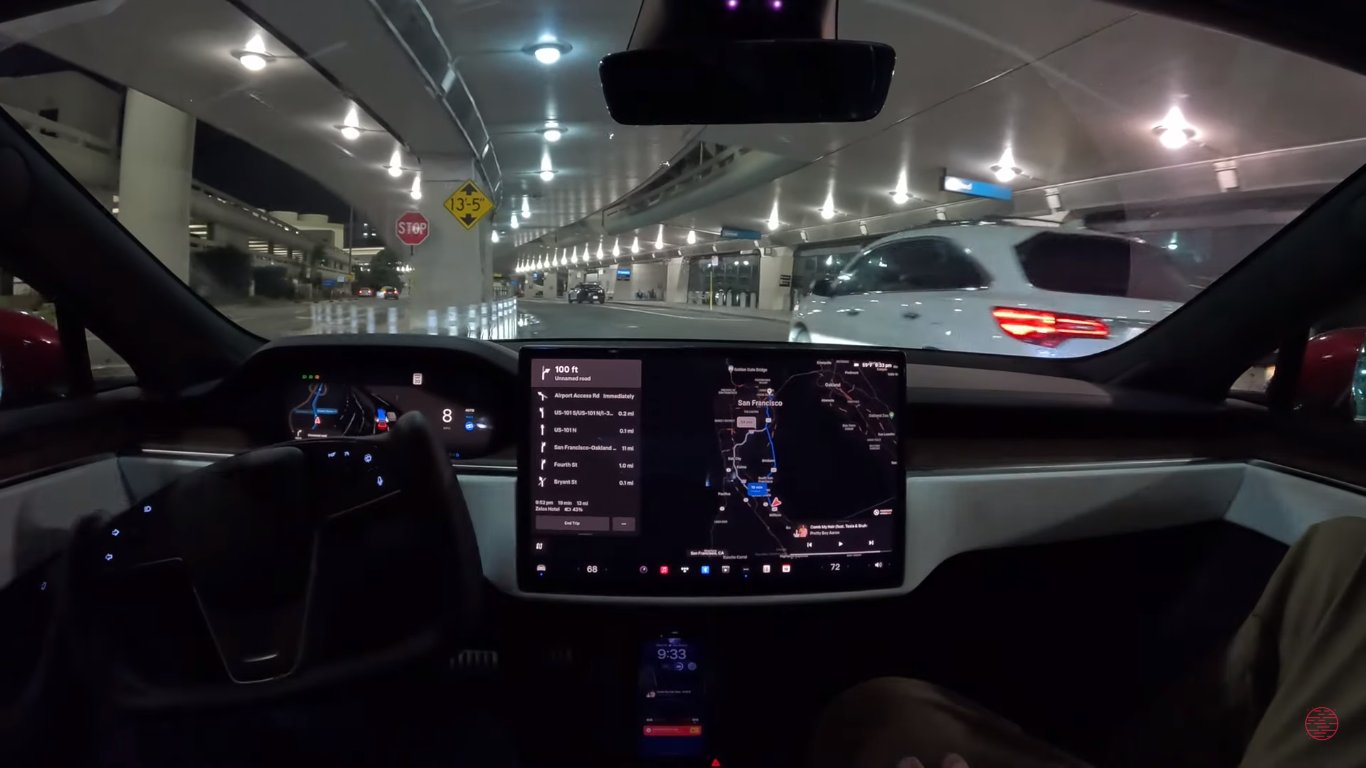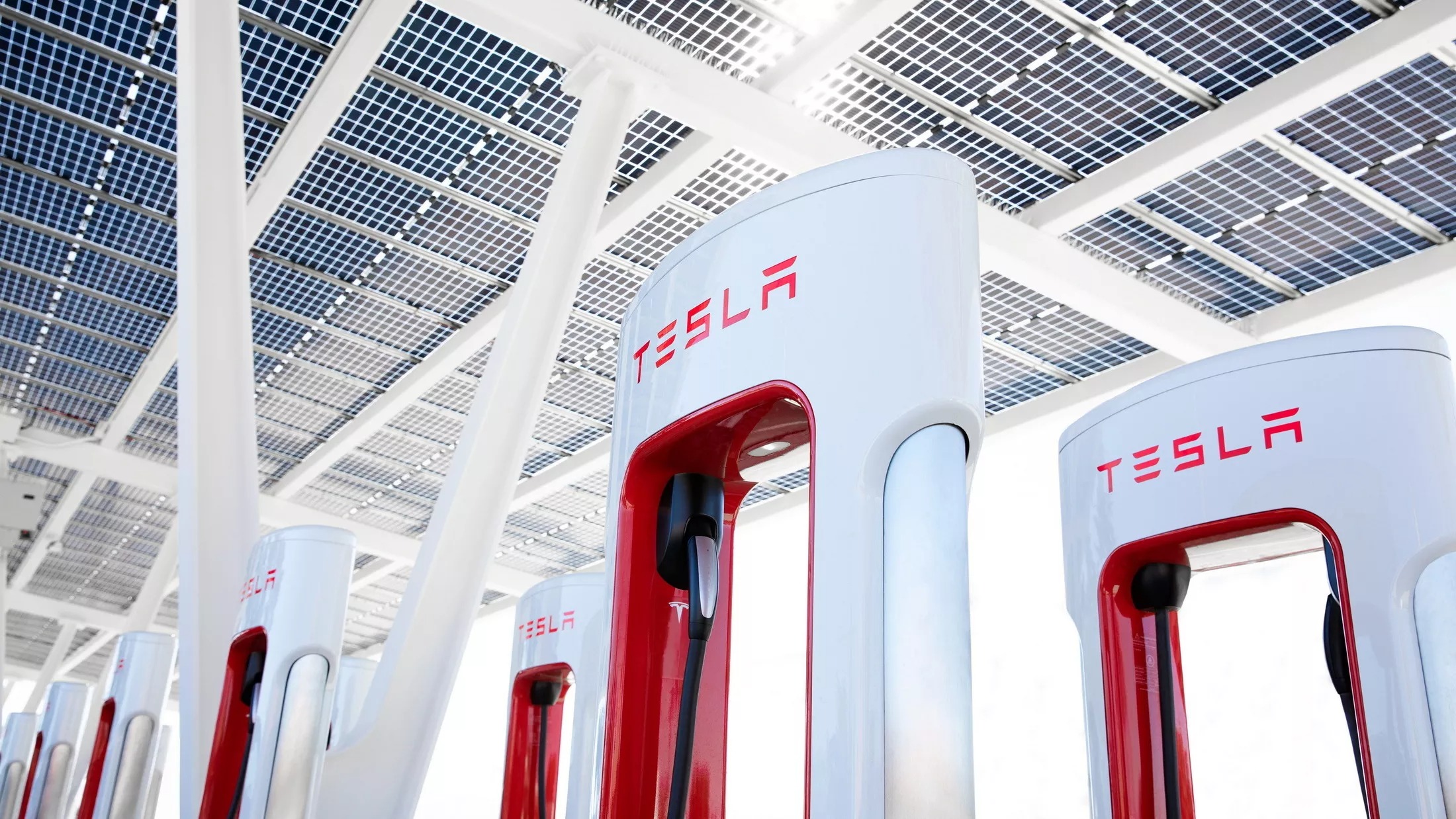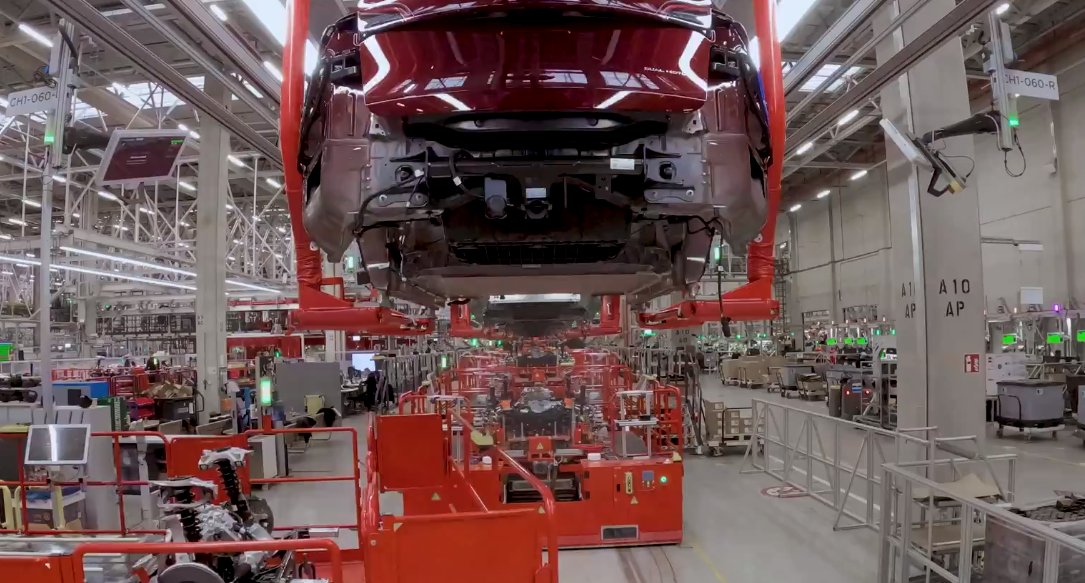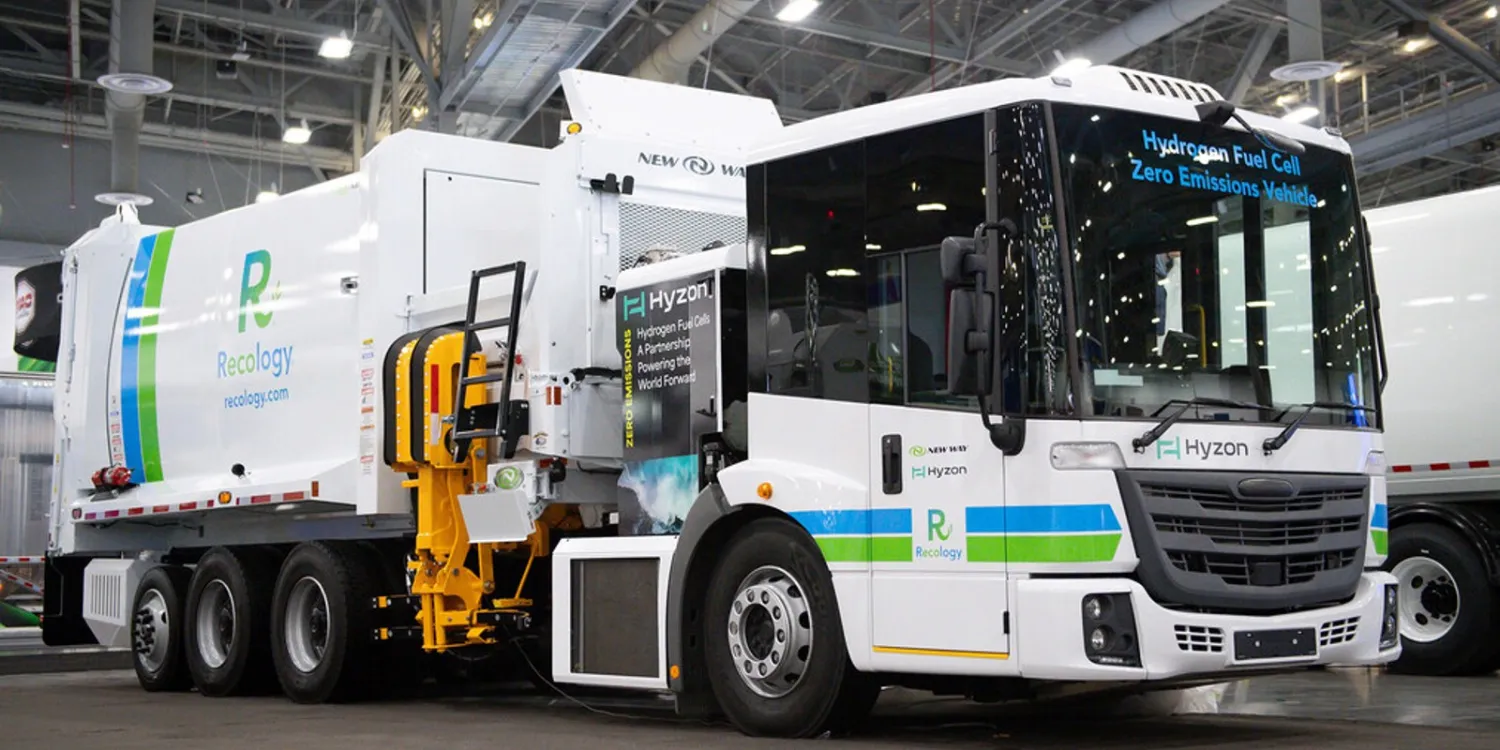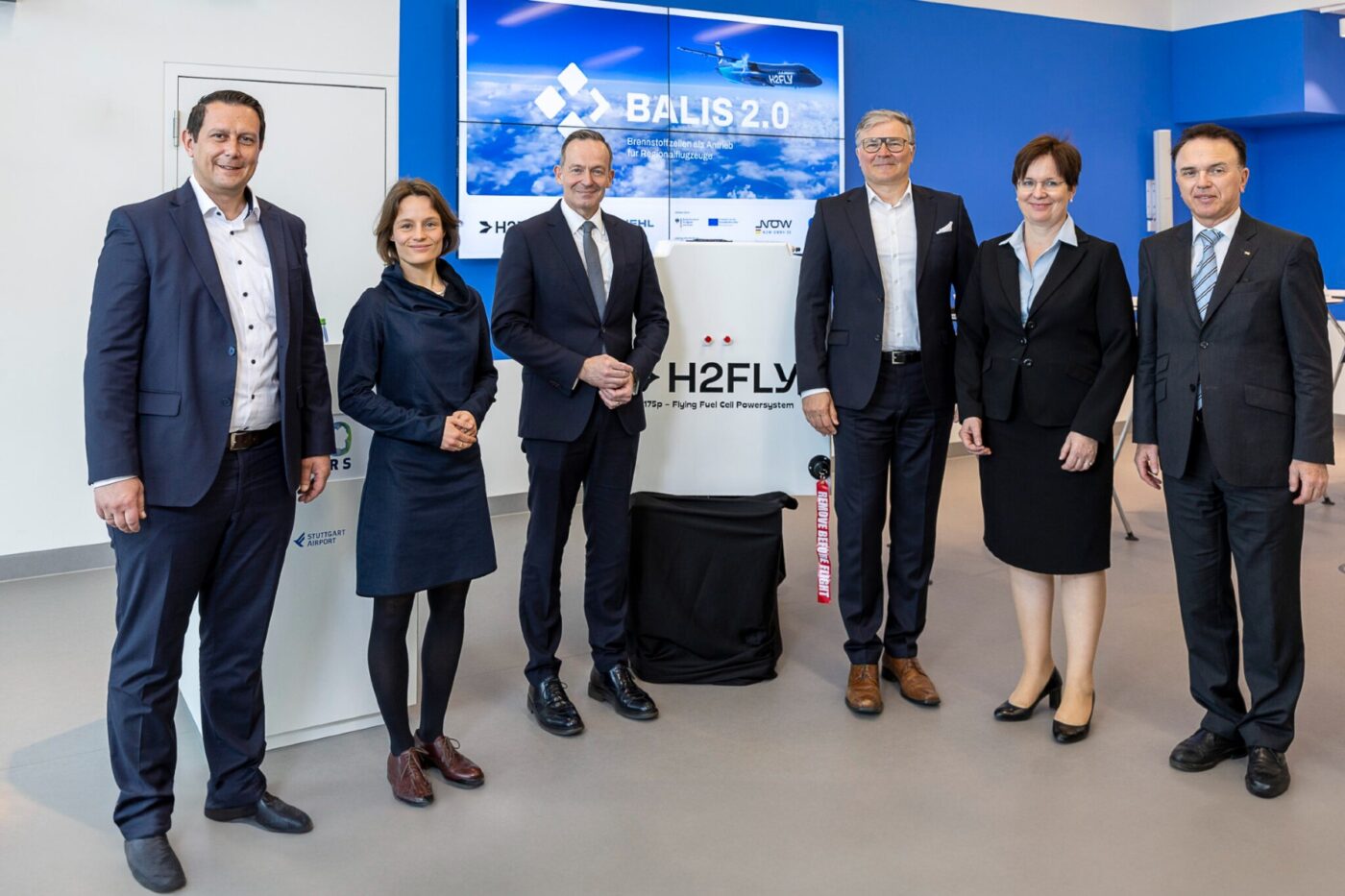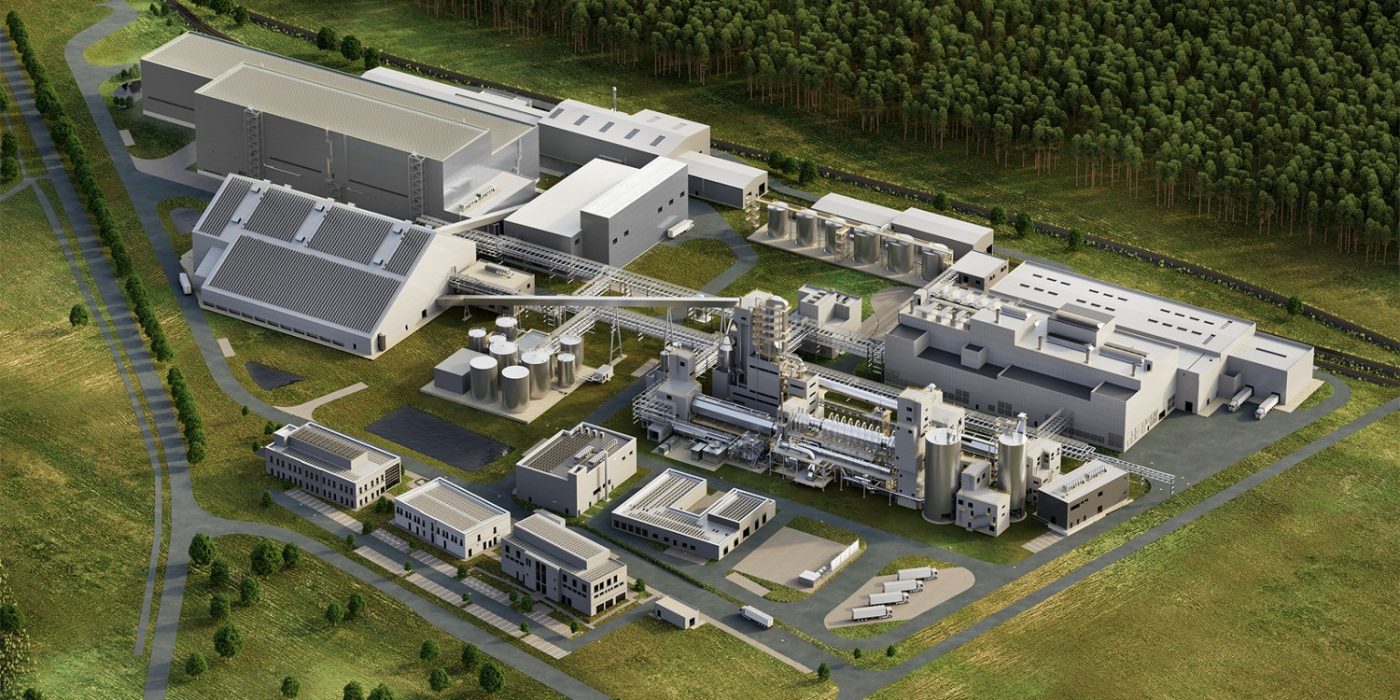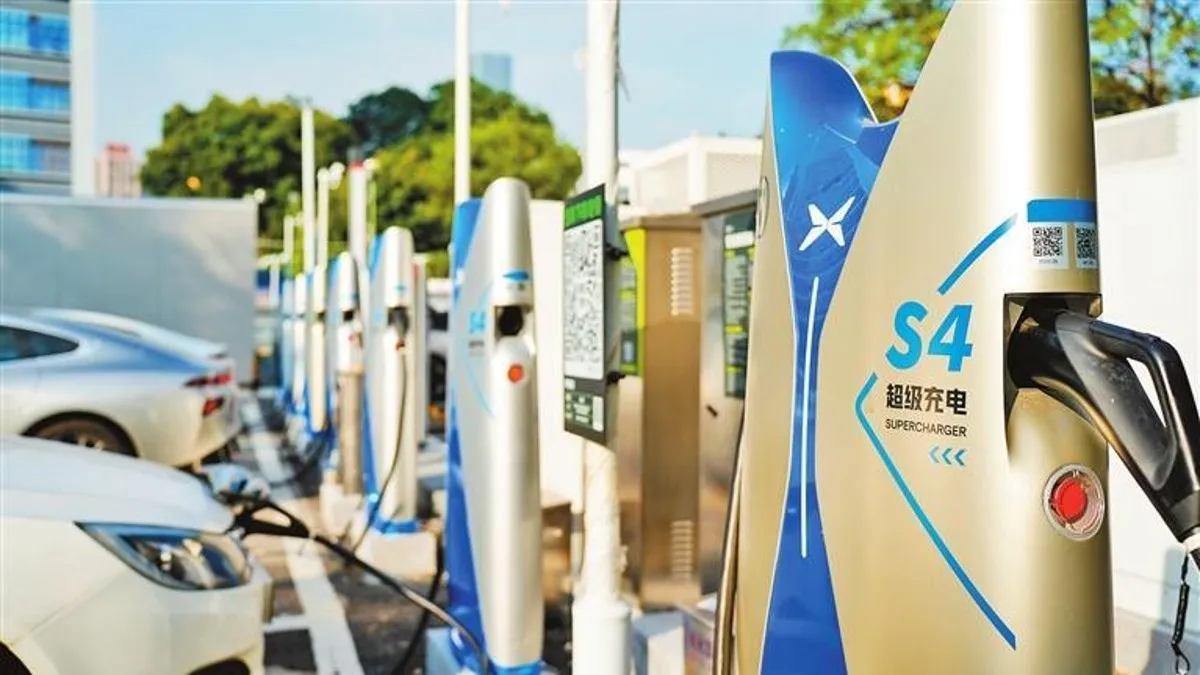Tesla’s CEO Elon Musk has underscored the critical importance of training miles for the advancement of the company’s Full Self-Driving (FSD) technology. Despite the extensive coverage and excitement surrounding Tesla’s FSD, Musk revealed that only one out of every 10,000 miles driven with the system engaged is actually beneficial for training the neural net-based model.
This revelation came in response to an investor discussion about FSD, where Musk highlighted that while Tesla and FSD are no longer constrained by AI training compute, the validation of driving circumstances now presents the most significant limitation to the system’s progress.
Accurate analysis.
Only about 1/10,000 of distance driven is useful for training.
The limiting factor for FSD progress was AI training compute, but now it is validation, as the interventions are so rare. https://t.co/SL0FEZ6zqk
— Elon Musk (@elonmusk) May 7, 2024
Tesla’s shift to end-to-end neural network vehicle control in FSD v12 marks a significant advancement. With the model being trained on millions of video clips from real-world human driving scenarios, as opposed to human-written code and rules-based processing, the need for increased validation becomes paramount.
As the software improves, interventions are becoming increasingly rare, further emphasizing the necessity for extensive validation, particularly to handle unique road scenarios. Tesla’s recent actions reflect its aggressive stance on FSD, dropping the beta moniker as v12 rolls out to the public and replacing it with the term “Supervised.”
The company has also announced the unveiling of its robotaxi platform in August, alongside its first approval for the software outside of North America. Moreover, Tesla has been actively promoting FSD, offering one-month free trials and demo drives for new vehicle buyers, leading to a substantial increase in FSD miles driven in recent months.

